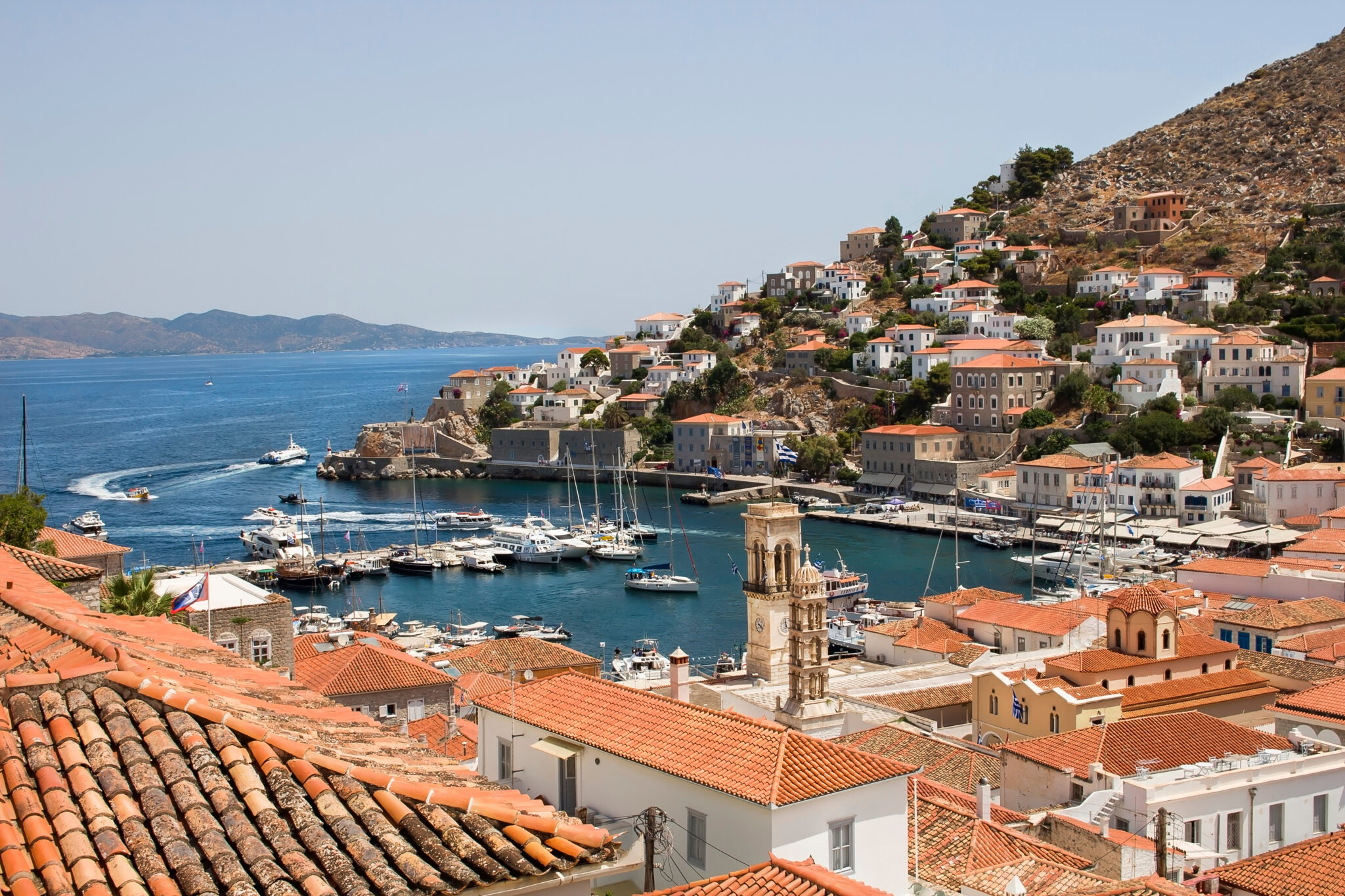Martinos highlighted the critical role of Greek-owned shipping amid dramatic geopolitical developments, with two wars — in Ukraine and the Middle East — escalating with an uncertain future.
“Geopolitical crises underscore the significance and geostrategic value of the Greek-owned commercial fleet. Criticism has been leveled that Greek shipowners, by transporting Russian oil, were financing Putin’s war in Ukraine. Russia is a major exporter of goods, and countries that haven’t imposed sanctions on it represent 9/10 of the global population. Countries like China, India, Pakistan, Indonesia, and others were willing buyers, replacing the European market for Russian products. By transporting non-sanctioned Russian goods such as grain, fertilizers, coal, and oil, we primarily benefited consumers, especially in less developed countries,” Martinos said, explaining the true dimension of the issue.
“The question is, where would oil prices have skyrocketed after the 2022 Ukraine crisis if Greek tankers weren’t transporting Russian oil? Prices would likely have doubled without our ships carrying that oil. That’s why the U.S. acknowledged that this oil is transported under specific conditions and prices.”
Martinos expressed his hope for the war in Ukraine to end, calling it a conflict “between brother nations,” and then discussed another “destructive war” ongoing for a year in the Middle East — the war between Israel, Hamas, and Hezbollah. “Hezbollah’s allies, the Houthis, have effectively blocked passage through the Red Sea,” he noted.
As a result, freight rates have surged significantly, especially for container ships, with the cost of transporting a container tripling after the closure of the Red Sea. Rates have also increased for LR2 tankers carrying petroleum products, as well as large capesize bulk carriers.
Finally, Martinos gave his outlook on the Red Sea situation: “It’s doubtful whether the Houthis’ intervention will cease even in the event of a ceasefire in the Middle East. Their goal is to draw attention and gain recognition from the international community.” He concluded by stating, “The Red Sea is not expected to reopen soon, which is beneficial for the freight market.”
Ask me anything
Explore related questions





